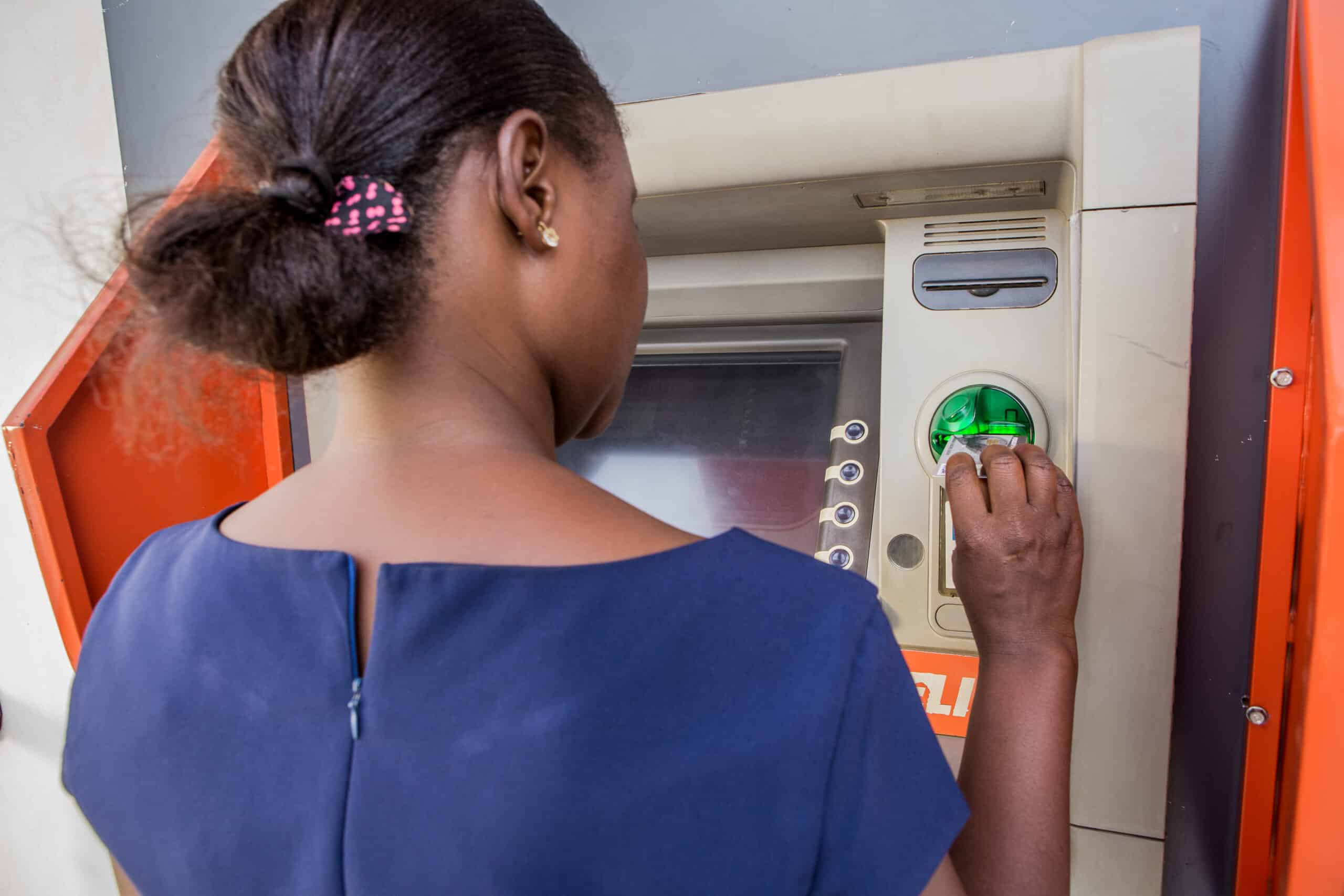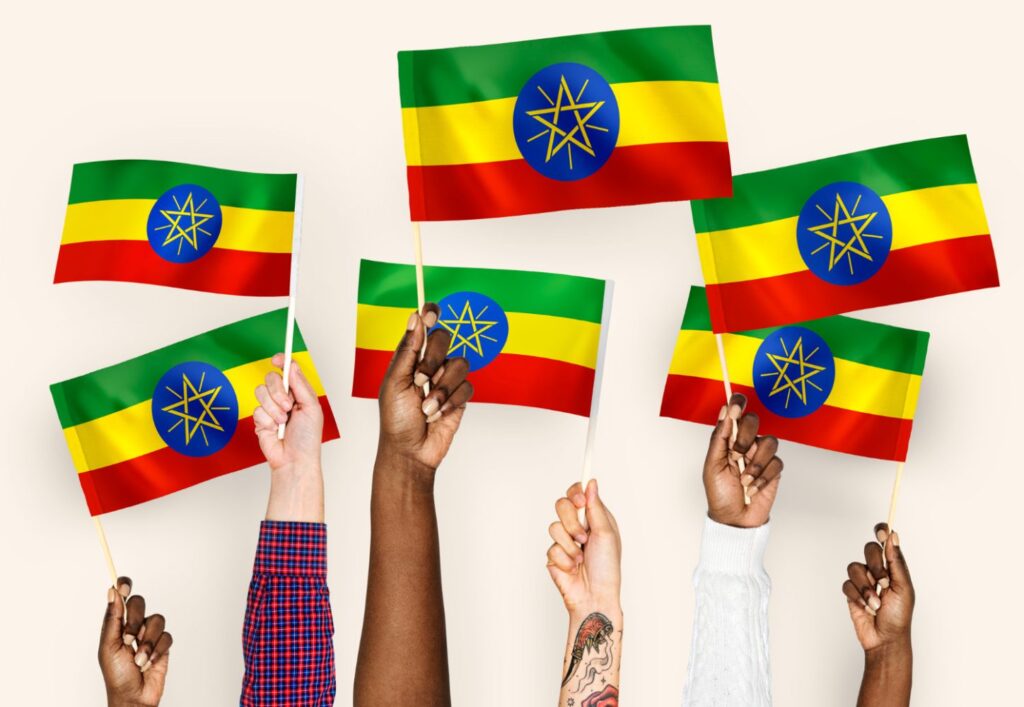In May 2015, FSD Africa and Women’s World Banking signed an agreement to support Diamond Bank Nigeria in its aim to reach a total of 1 million new clients by the end of 2018. In June of this year, that target of 1 million clients was achieved.
FSD Africa’s support has been focusing on two main initiatives. The first is the expansion of an existing value proposition, a transaction account which is focusing on giving market traders a way to keep their money safe digitally (BETA). The second is the introduction of bank accounts for young people (from 13-25).
FSD Africa also supports the expansion of BETA products. To this end, FSD Africa has been funding the development of two distinct credit products focusing on individuals and Micro, Small and Medium Sized Enterprises (MSMEs). This work shows some of the problems with creating greater access. But it also demonstrates how to overcome them.
Creating access to Financial Services for Women
One of the core focus of the project was to deliver an increase in the number female account holders. The aim was always achieve as many women signing up to the new accounts as men. However, it soon become clear that an inherent disparity exists in the number of women who sign up, relative to the number of men. The figures for June 2017 suggest the percentage of female account holders is 38% for the BETA account.
This would suggest that the uptake of products by women have not been successful. However, changes in marketing have raised this percentage from 35%. Most important of these changes has been to increase the engagement with women about the upsides of the product. This helped to overcome an initial scepticism about working with a formal financial institution. Although the project is still short of its targets, marked improvements have been made.
For the youth products the picture is markedly different. Here the gender split is almost 50/50 (49% girls). The key difference between the products is the sign-up process. For the youth proposition, the registration occurs with the parents. This means the deliberation is much less, when signing up. A core lesson is therefore to encourage marketing that helps women to understand how the product would help solve their problems. Activity rates for female youth accounts are higher which shows that early engagements helps people to take control of their finances early.
For BETA accounts, women tend to be much more deliberate about signing up for new products. In many cases the agents who manage the financial products make multiple visits to a potential client. But, this investment pays off; female clients are more likely to be active on the platform, have higher standing balances and deposit more regularly.
Managing Change within Institutions
Within Diamond Bank the changes have also been marked. When the project started our work was housed in the retail segment. Yet, overtime it became clear that in order to create long lasting change the product needed to have its own segment. Creating a separate unit has increased the accountability within the institution and shown that the product can stand on its own feet, financially.
Our project conducted both senior and middle management leadership development programmes. These focus on helping Diamond Bank understand the complexity of change management, helping the team to “buy-into” the desired change. It also helped prepare them to manage future challenges. Our support set clear goals which ensure better teamwork, create a common purpose and helped management support the process of change.
Looking ahead, this project still has more targets to achieve and although good progress has been made work still needs to be done on increasing access to credit. They key to achieving these goals is learn from lessons that have been discovered through our work. We want to share these and will be launching a series of blogs here, from next month, that will look at the key successes and challenges from this project.,




